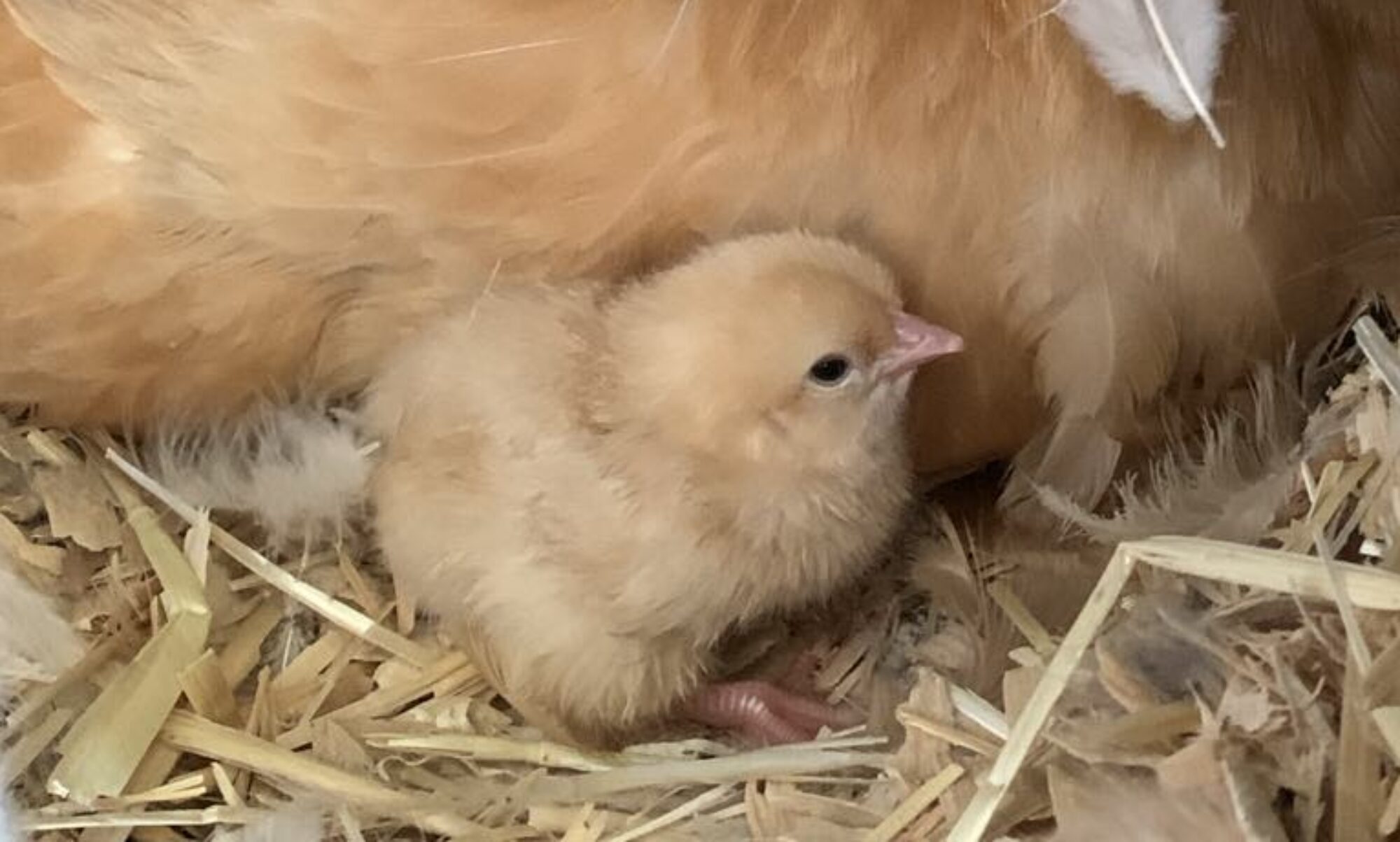Whether you are new to farming, or are an old-time farmer, barn cats have been sure to come up in a conversation or two. Just what is a barn cat and what is their purpose?

Barn cat is just a term which identifies feral or semi-feral felines who work on a farm. Their jobs range from rodent and pest control to property protection, companionship and entertainment. A barn cat can be one that you get from a friend or neighbor, adopt from a shelter or even just a stray that wanders onto your farm looking hungry and forlorn. I have three official barn cats on my farm. They are pretty friendly. Their mom was a feral cat that came around and I was able to become friends with her. She had a litter of three kittens, which I helped deliver, and when they were about six weeks old she was killed. I kept the three kittens and they have been a great source of enjoyment for me. There is also an assortment of feral cats that come and go on the farm. It seems that in rural areas this is not at all uncommon. I would say that it is a good idea to get at least two cats so that they have a buddy, but there was a time when I had just one. He was so protective of “his” farm that he wouldn’t allow any other cats on the property.

Barn cats have proven themselves to be excellent at rodent control. A farm generally provides lots of tasty morsels and warm sleeping spaces for the likes of mice and rats, as well as rabbits, gophers, birds and even snakes. These critters can carry an array of tapeworms, parasites and nasty diseases, plus they have tendencies to be destructive, chewing on stuff they shouldn’t chew on. Barn cats provide a solution to rodent control without the use of harsh chemicals that could affect your farm animals if accidentally ingested. A barn cat has natural hunting instincts and knows what to go after. My cats will take down a wayward pigeon in no time flat, yet share a pan of table scraps with my chickens. You do have to be prepared for the occasional pile of plucked pigeon feathers or the “gift” your barn cat will leave at your doorstep, but most of the time your cat will be very efficient at rodent removal and you won’t even realize a hunt had taken place. Often times, just the presence of feline predators is enough to discourage any unwanted guests from taking up residence on your farm.

Caring for barn cats is fairly simple, but not completely free from effort. It comes down to just the three basics: health care, food and shelter. It’s a good idea to have your cats spayed or neutered to discourage unwanted cats from coming onto your property hoping to mate, and not adding to what seems to be an already explosive cat population. My sister-in-law is a real life kitty angel! She has adopted and feeds many feral cats, and their offspring. She was taking the cats that could be trapped to the vet for free spay and neuter to help control the population of unwanted cats. When that program was discontinued in her area, she paid for the spay and neutering of these special cats out of her own pocket. It takes a choice cat person to provide ferals with that kind of love. You should also consider getting your feline workers vaccinated to ensure their overall good health. Diseases such as rabies or distemper can have sad results on a farm. You will want to supplement their “wild diet” with a good cat food, just to make sure they are getting adequate nutrition. I like to think that my barn cats do such an awesome job at rodent control that there really aren’t too many critters to hunt down and I don’t want my cats strolling off to the neighbors in search of supplemental food. Even though barn cats are expected to be outdoor cats, and generally prefer to sleep outside, it is important to provide your feline with a place they will feel safe, secure and are able to escape inclement weather. It does not have to be expensive or fancy, and your cat will probably decide on their own where they want to take shelter, but make sure they have some options available: a barn, storage shed, in with the chickens, a dog house. My angel sister-in-law came through on this aspect for her feral cats, making insulated huts out of plastic storage bins for them. She has a regular little cat colony out in the orchard! My three barn cats have a spot in the garage where they can go. They too have an insulated hut, on which they prefer “rooftop” sleeping! One important caution here is that if you don’t offer some options for shelter, a feral cat might decide to climb onto a warm vehicle engine block for comfort. That can not only be deadly for the cat, but expensive for the vehicle owner. Said sister-in-law ended up with a three-legged feral cat as a house kitty and her husband a new serpentine belt on his truck. Always honk before starting your car on a cold morning!

I have had several barn cats through the years and have grown to love them all. Some were around for a long time, some just disappeared one day, and some fell victim to accidents. I like to think that I gave them a good life here on my farm, in exchange for a little work. I have chore helpers, danger spotters, bed checkers, rodent hunters and just plain comedians. My farm would not be complete without an assortment of barn cats!


